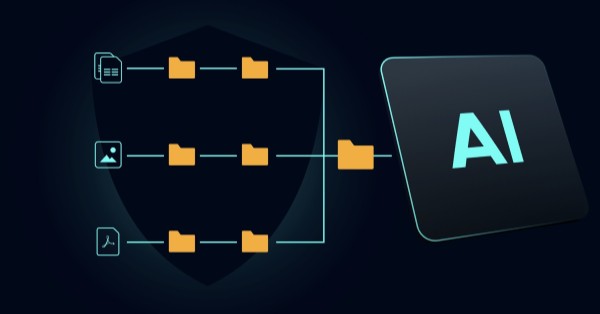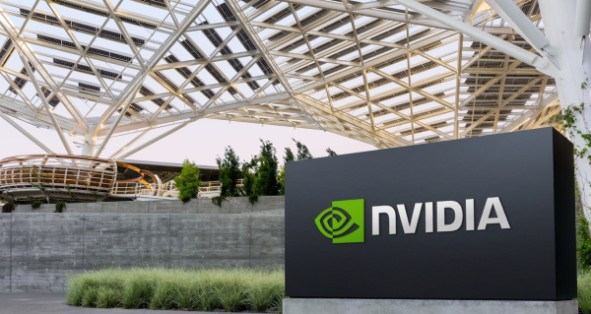OneLayer, a pioneer in securing private LTE/5G networks for enterprises, announced today the launch of one of the world’s first 5G private network security labs. The lab, which will be open to the public for research purposes, acts as a digital twin to simulate specific threat scenarios posed to an enterprise network. The data collected during these simulations will help companies find the best security solutions for each organization and its needs.
Private cellular networks provide organizations with improved connectivity and increased reliability, a dedicated bandwidth with capacity and range, no lag time, and connectivity of IoT and OT devices across vast areas. As organizations increasingly adopt private networks, they must also address securing such networks, so the same standard of security applied to enterprise IP networks is addressed in the cellular domain.
The OneLayer 5G Security Lab provides a simulated environment for cyber and telecom companies to examine diverse security challenges and solutions in this domain. Using core equipment from Nokia, Druid, and Airspan, the lab can create private networks based on different types of cores, end units, and IoT devices to model different types of cyberattacks and the solutions to defend against them.
“The goal of this security lab is to provide the opportunity to test private networks and security use cases to improve the understanding of connected IoT and OT devices for continued R&D of OneLayer’s private cellular security platform,” said Liron Ben-Horin, VP of Systems Engineering at OneLayer. “We intend to collect and analyze data in order to profile devices and segment networks appropriately. We want to share our tools and capabilities with the private network ecosystem to foster industry collaboration. As such, we welcome any company that is researching or testing LTE/5G devices to join us on this journey at our Tel Aviv-based security lab.”
“OTORIO and OneLayer have joined forces in order to leverage OneLayer’s 5G Security Lab to test the integrations with various technologies and telecom systems,” said Matan Dobrushin, VP Research at OTORIO. “We are excited for our mutual research collaboration to ensure the usability, efficiency and safety of OTORIO’s solutions in hybrid networks.”
“We are excited for the opportunity to leverage OneLayer’s Security Lab and to work together to improve the cybersecurity of 5G core network devices,” said Sharon Brizinov, Director of Security Research at Claroty’s Team82. “The collaborations coming out of the security lab will benefit enterprise security overall as we explore the ever-growing attack surface of the Extended Internet of Things (XIoT) and these devices’ connectivity within cellular networks.”
“Armis recognizes the growing risk raised by private cellular networks,” said Barak Hadad, Head of Research at Armis. “Together with OneLayer, we can help defenders gain full visibility to their core networks and their connected devices.”
“I’m excited to see a Tel Aviv-based startup, OneLayer, investing in a unique 5G devices lab. These types of activities enable the Israeli ecosystem and cybersecurity market to ensure we are ahead of the bad guys as the network continues to evolve,” said Eli Fainberg, VP Product at Forescout.
About OneLayer
OneLayer provides enterprise-grade security for private LTE/5G networks. Its platform and IoT security toolkit can be implemented in private cellular networks to provide better visibility, control and protection for organizations. The company was founded by world-class cybersecurity experts with a deep understanding of both cellular protocols and IoT security needs and veterans from the IDF’s 8200 and 81 intelligence units. OneLayer is backed by industry-leading advisors and has partnered with experts both in the cybersecurity domain as well as the telecom industry. To learn more about OneLayer please visit https://one-layer.com/ or LinkedIn.

























